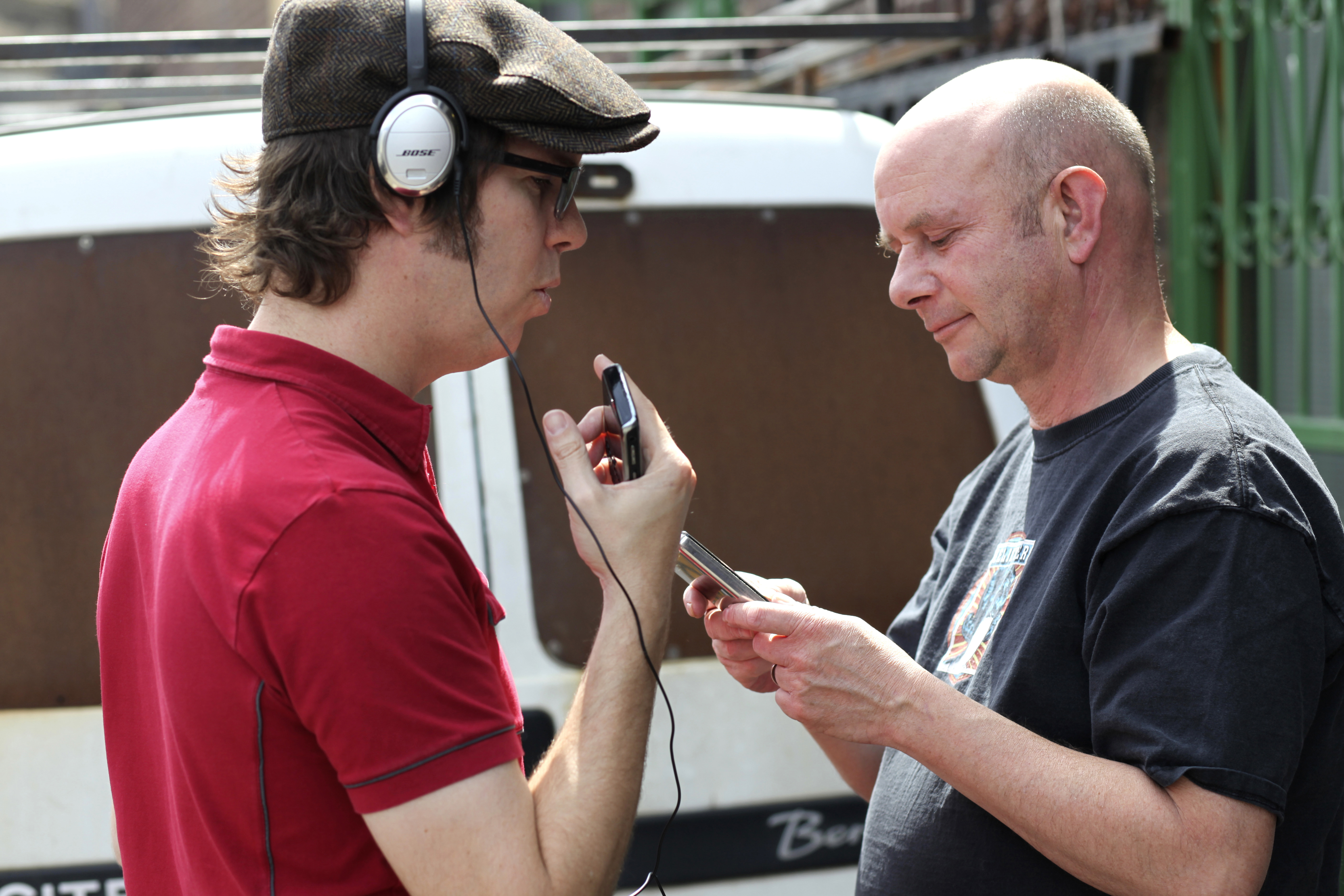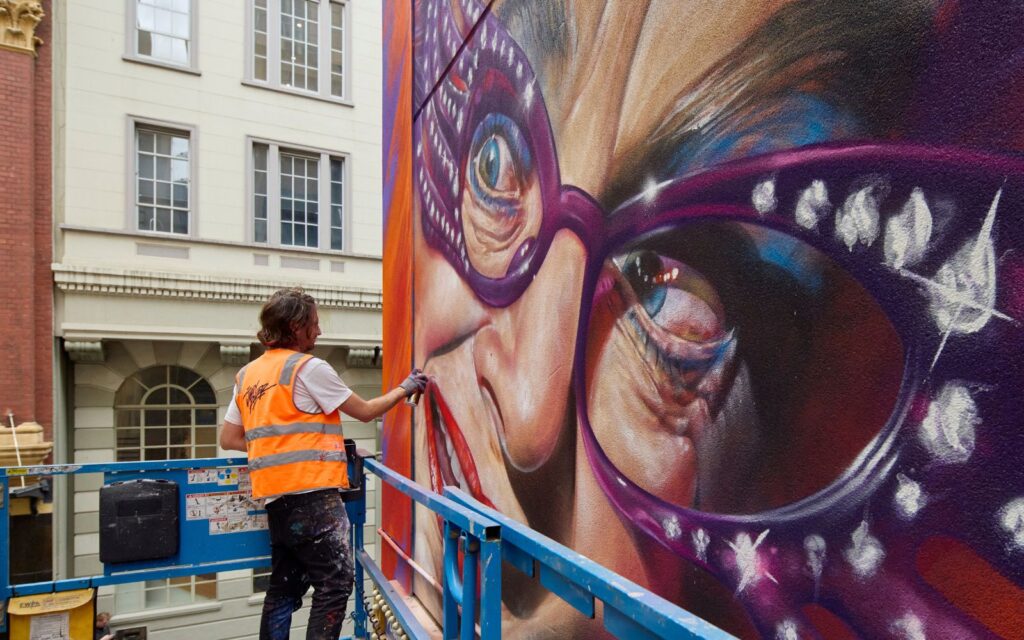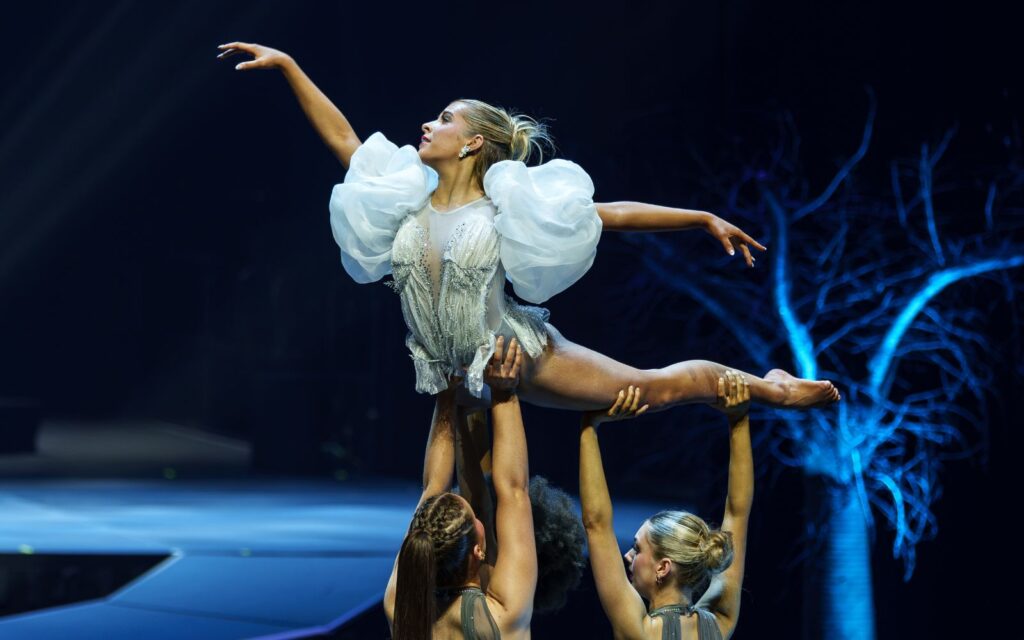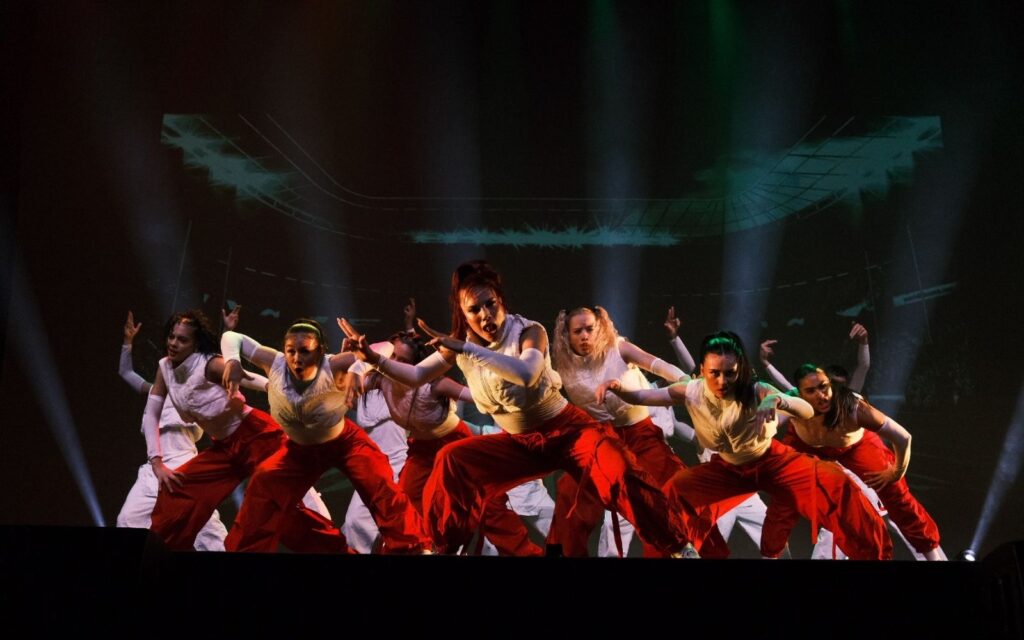Directed by Duane Baughman & Johnny O’Hara
The saga of the Bhutto family has all the trappings of a modern day tragedy. Often described as Pakistan’s answer to the Kennedys, this political dynasty has been plagued by assassinations, incarcerations and allegations of corruption across now three generations. Yet as documentary-makers Duane Baughman and Johnny O’Hara so effectively convey in Bhutto, the turbulent history of the Bhutto family also encapsulates a wider narrative of Pakistan’s ongoing political instability.
Bhutto focuses on the life of eldest daughter Benazir, who in 1988 became Pakistan’s first female Prime Minister (and, notably, the first woman to head a Muslim state). Continuing her father Zulfikar Ali’s legacy in the Pakistan Peoples Party after his execution in 1979, Benazir too rose to power on policies of social democracy. Although the political efficacy of her first term remains questionable, her aims – including freedom of the media, increased education, the end of polio and changes in the way Islamic society viewed women – were nonetheless laudable.
In charting the events leading up to her assassination in 2007 (while campaigning for her third term after nearly ten years in self-imposed exile), Bhutto also examines the continual tension between military and civilian rule that has afflicted Pakistan since its separation from India in 1947.
While the film generally paints a positive portrait of Benazir, it does explore the contradiction between her liberal policies and some of the more controversial events that unfolded during her leadership. She was twice removed from office on corruption charges (although these were never substantiated), in her second term making her husband – prominent businessman Asif Ali Zardari – the Minister for Investment. Moreover, it investigates claims made by Benazir’s niece Fatima, who continues to campaign that Benazir organised her own brother Murtaza’s murder in order to silence his political opposition.
Bhutto is a compelling and illuminating documentary, providing insight not only into a fascinating political dynasty, but also a country oscillating between civilian and military rule. Considering its parallels with Aung San Suu Kyi’s current situation in Burma, Benazir Bhutto’s story is now more pertinent than ever.







